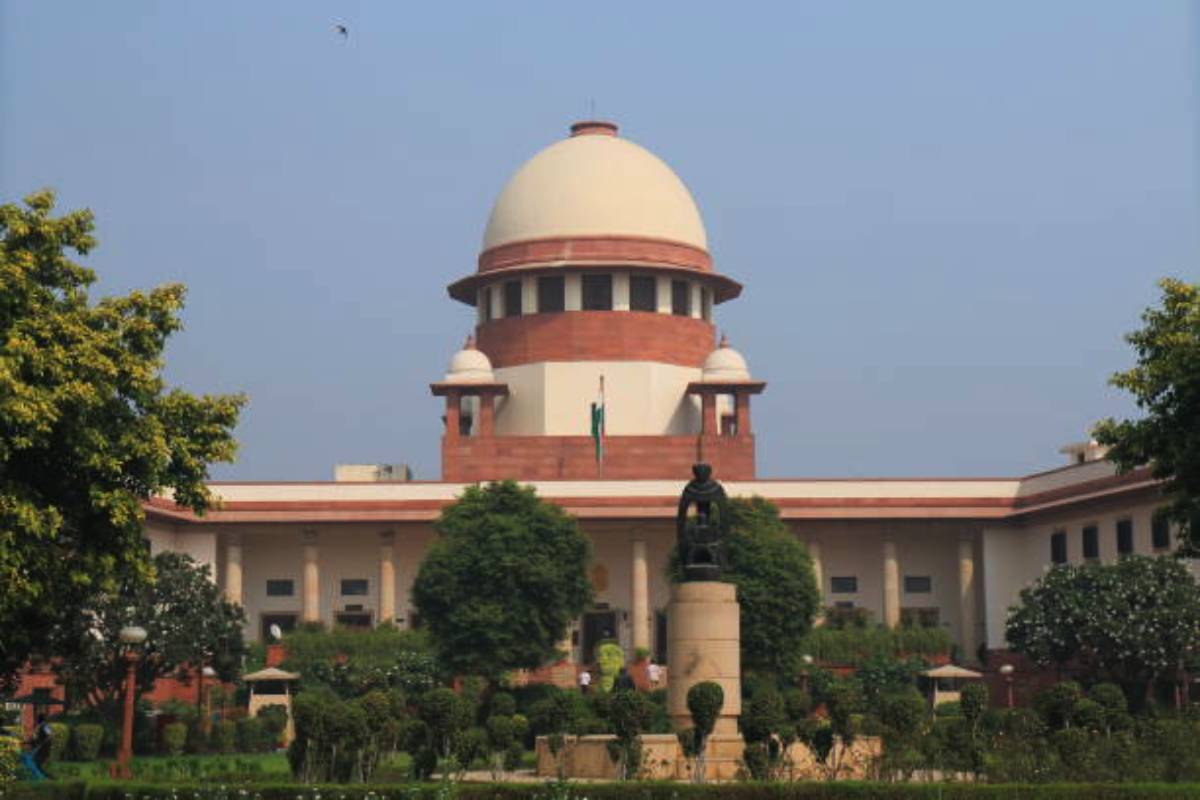The ultimate bluff-master: Bengaluru man marries 15 women over a period of 10 yrs
Akin to famous standup comedian Kapil Sharma’s film ‘kis kis ko pyar karoon’ in which he gets married to three…
Supreme Court said it will form a Constitution Bench to conduct proceedings on pleas against Nikah-Halala and polygamy.

Supreme Court [ Photo:SNS]
The Supreme Court on Thursday said it will form a Constitution Bench to conduct proceedings on pleas against Nikah-Halala and polygamy, practiced among Muslims.
A bench headed by Chief Justice of India DY Chandrachud said, “At an appropriate time I will constitute a Constitution Bench and have it decided.”
Advertisement
The bench said this after advocate Ashwini Upadhyay mentioned the matter for an early hearing. The five-judge bench of Justices Indira Banerjee, Hemant Gupta, Surya Kant, MM Sundresh, and Sudhanshu Dhulia was hearing the matter.
Advertisement
However, Justices Indira Banerjee and Hemant Gupta have retired and a new bench has to be formed. The court was dealing with a petition seeking the declaration of Nikah-Halala and polygamy, practiced among Muslims, as illegal and unconstitutional.
The practice of Nikah-Halala requires a divorced woman to marry someone else, consummate the marriage and then get a divorce in order to again marry her first husband under Muslim personal law.
On the other hand, polygamy is the practice of having more than one wife or husband at the same time. The cases were referred to a 5-judge Constitution bench by a 3-judge bench in March 2018. The petitions were filed by a few Muslim women Naisah Hasan, Sabnam, Farjana, and Sameena Begum, and also advocates Ashwini Upadhyay and Mohsin Kathiri challenging the constitutional validity of the Nikah-Halala and polygamy.
The petitioners have demanded a ban on Nikah-Halala and polygamy saying it renders Muslim wives extremely insecure, and vulnerable and infringes on their fundamental rights.
They prayed that Section 2 of the Muslim Personal Law (Shariat) Application Act be declared unconstitutional and violative of Articles 14 (right to equality), 15 (discrimination on the ground of religion), and 21 (right to life) of the Constitution, insofar as it seeks to recognize and validate the practice of Nikah Halala and polygamy.
Advertisement